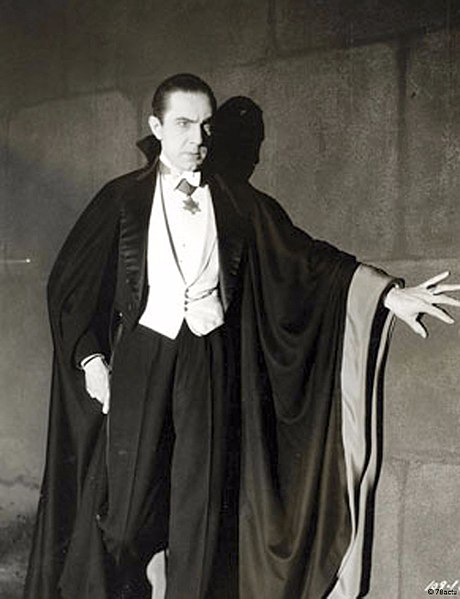
Remakes are most definitely a popular path in today’s entertainment industry. Adaptations from books to film or television, live-action remakes, and remakes in general are a hot commodity, though rarely done well. Striving for diversity and inclusivity is ruining stories we know and love — and rendering them inaccurate.
Bram Stoker’s “Dracula,” has been remade time and time again to appeal to the masses, only to lose pieces of what it once was. Johnathan Rhys Meyers as Dracula and Katie McGrath as Lucy Westenra is where it should have ended. McGrath’s portrayal of Lucy Westenra was as far as that character could have been pushed while still maintaining her essence, since in the original, Lucy was not in love with her best friend Mina. The character was elegant, prominent, wealthy and a socialite. This new version convolutes her to the point of essentially killing her and reinventing the character to be modern, a floozy, dark, and outright inaccurate complete with pants.
“Dracula” is a story written by an Irish author, that takes place in the 1800s in England and Transylvania. According to www.english-heritage.org.uk, in the 1800s in England, the black population that existed was prominently that of servants, slaves and prisoners of war, so flipping the ethnicity and race of Lucy Westenra is ridiculous.
Another example being the show “Dynasty.” The Colbys were Caucasian, whereas in the remake they are of Black descent, Cristal in the original was blonde and Caucasian rather than Hispanic and Sammy Jo in the original is female rather than a gay man. This works toward our society’s strive for diversity and inclusivity. The original “Dynasty” was also a world run by men, and the remake focuses much more on the power of the women in the show.
Though not everyone is familiar with shows like “Dynasty,” people are familiar with Disney. While Disney tales are commonly derived from much older stories and are much different than their originals, they didn’t alter in regard to catering toward diversity. “The Little Mermaid,” originally by Hans Christian Andersen was once a tale of tragedy, sacrifice and love. The Disney version was great, and yet with the live-action in the works, changing history will only ruin what we thought we knew. “The Little Mermaid” takes place in Denmark in the mid 1800s when even today, according to www.maine-demographics.com 97% of the population is Caucasian.
These are two simple examples of how society’s strive for inclusion and diversity in rendering stories we know and love inaccurate. It is unclear why society has such difficulty writing new stories to showcase diversity and inclusion. It is unclear why the entertainment industry continually turns to altering pre-existing stories.
We live in a society that embraces diversity whether it’s race, sexual orientation or opportunity, which is a positive thing. When diversity and inclusion become something negative is when it is at the expense of history, accuracy and the integrity of pre-existing works. There is something called “mise en scéne”, which includes props, costume, makeup, and even language to hold true to whatever time period a story takes place. Our society today seems to ignore, devalue and mock “mise en scéne” and its value.
If we are to continue to place well-deserved value in “mise en scéne,” and historical accuracy, then one must wonder why we can’t come up with new ideas to showcase diversity and inclusivity rather than altering what already exists.
Literature is meant to transport us to other worlds and times. An accurate visual representation of what England in the 1800s would look like for wealthy women of prominence, to a rich businessman running a company and the drama of his family. With all of the remakes happening, we aren’t being transported anywhere but where we already know and it needs to stop.



